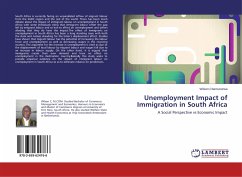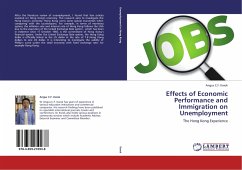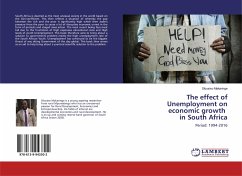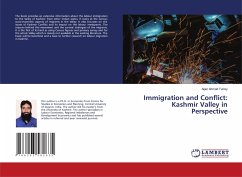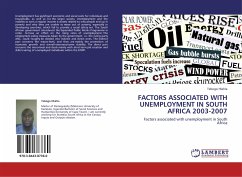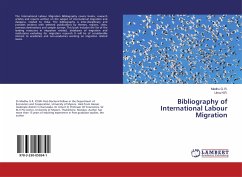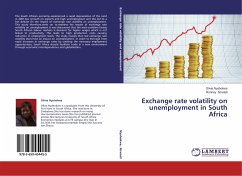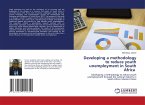South Africa is currently facing an unparalleled inflow of migrant labour from the SADC region and the rest of the world. There has been much debate about the impact of immigrant labour on unemployment in South Africa with some individuals citing that immigrant labour offset the gap left by emigrant labour and so has no effect on unemployment and others alluding that they do have the impact.The effect of immigrants on unemployment in South Africa has been a long standing issue with both the state and natives dreading for the latter's displacement effect. Studies have shown that migrant labour has the potential of increasing the labour force and unemployment as well as decreasing wages in the receiving country. The argument for the increase in unemployment is cited as due to the displacement of local labour by migrant labour and wages fall due to an increase in labour supply. On the other hand, it is argued that immigrants create their own demand and have no effect on unemploymentin the destination country.Basically this study seeks to provide empirical evidence on the impact of immigrant labour on unemployment in South Africa so as to eliminate reliance on predictions.

